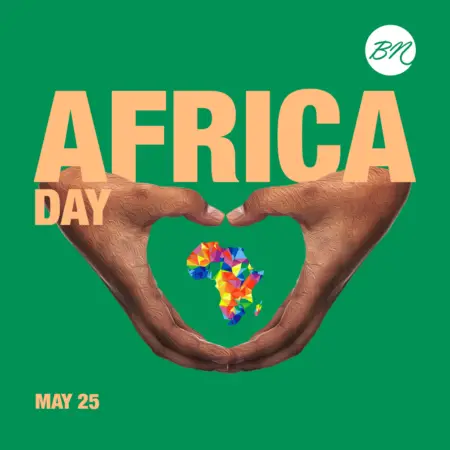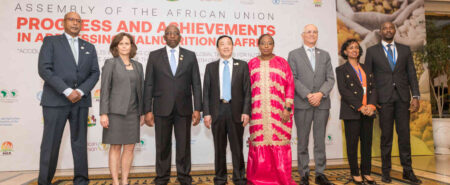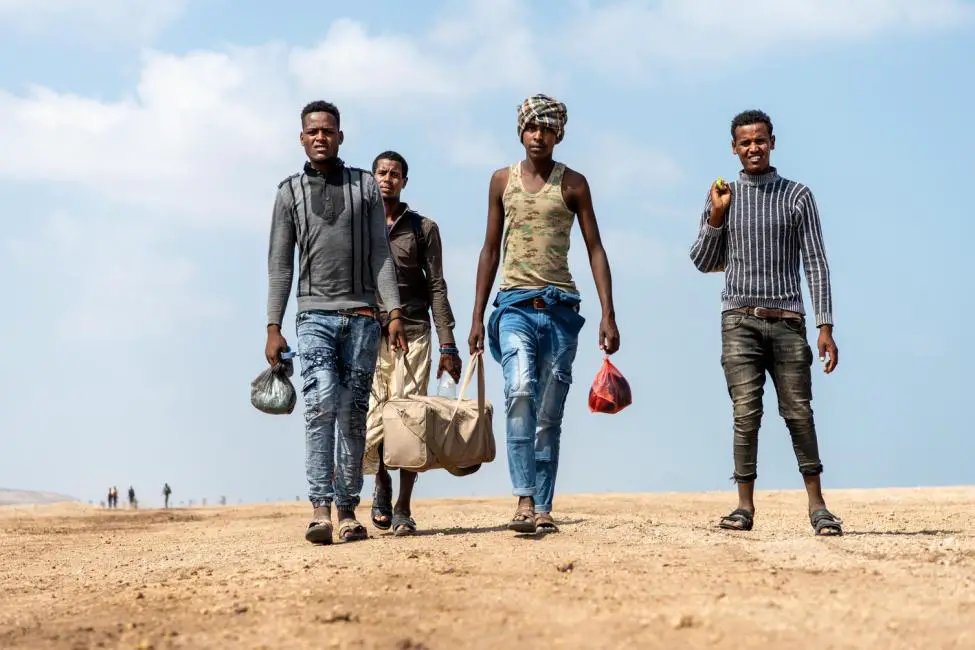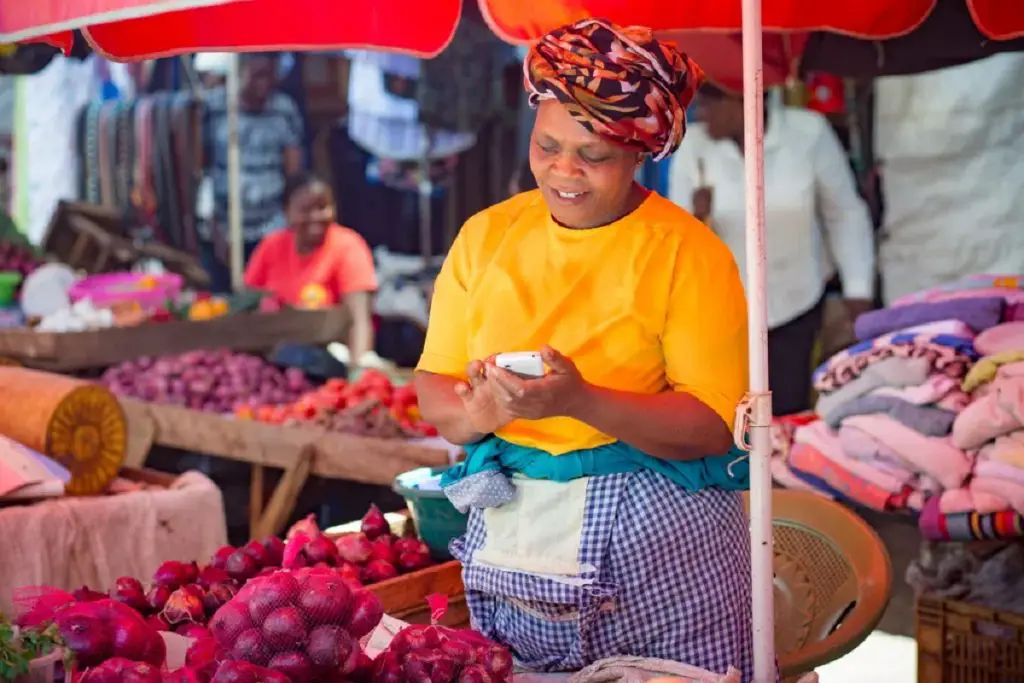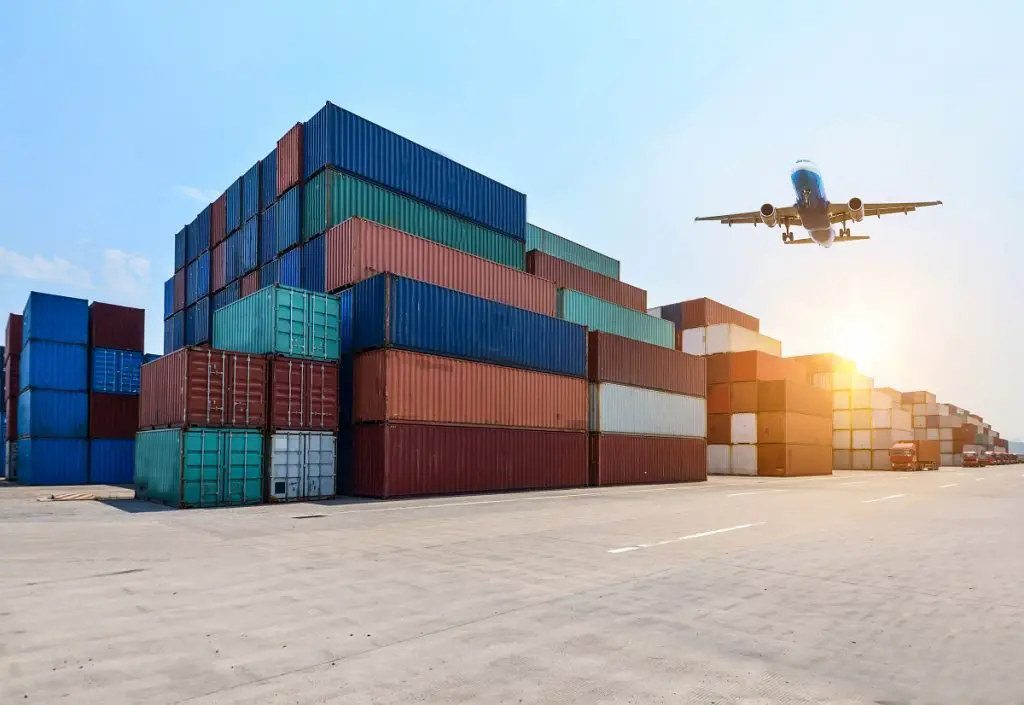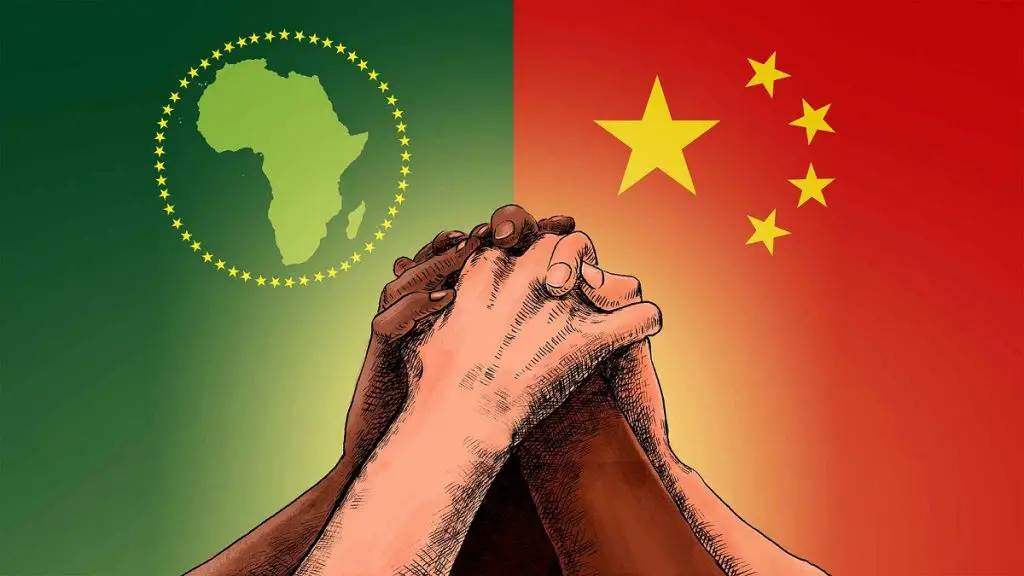- Africa’s new dawn: the rising role of digital and AI in agriculture
- Can Dangote Refinery Transform Africa Energy Ambition
- Gallup Survey: 80 per cent of Kenyan Workers Are Disengaged and Seek New Opportunities
- Madagascar Man Freed from 5KG Tumor After 15-Year Struggle
- How women in Africa are perceived and treated
- Sugar consumption in Kenya to Increase to 1.23 Million Tonnes
- Can Somalia and Turkey Oil deal Bring Change in Somaliland
- Remittances to Kenya dropped to $371.6 million in June, marking a six month low
Browsing: Africa’s Economy
- The primary purpose of the OAU was to promote the unity and solidarity of newly independent African states.
- Agenda 2063 is an economic master plan to transform Africa into a global powerhouse within the next decades.
- The AfCFTA is the world’s largest free trade area that unites an entire continent and eight Regional Economic Communities.
Every year on 25th May, the world celebrates Africa Day, a special occasion that commemorates the foundation of the continent’s most development-oriented organization, the African Union.
African Union has been advocating for continuous economic development and has achieved notable milestones. To commemorate Africa Day, we shall be taking you down memory lane highlighting AU’s role in championing the continent’s growth. (https://artandhistory.org/)
Flashback: the journey to Africa Day
At the height of political and social freedom, 32 African countries met on 25th May 1963 in Addis Ababa, Ethiopia, to form a front for economic …
- African Hidden Champions (AHC) is an initiative that seeks to showcase exceptional growth stories of unique African startups.
- The AHC initiative has led to several breakthroughs for various African startups.
- AfDB and AHC partnership is a stepping stone that would provide financial inclusion and regional industrialization.
AfDB has announced a new partnership with the African Hidden Champions to promote and empower local startups.
African Hidden Champions (AHC) is an initiative that seeks to showcase exceptional growth stories of unique African startups. Essentially AHC seeks potentially revolutionary companies that are building Africa’s startups to scale on a global scale.
Africa Foresight Group and German Investment Cooperation co-founded this initiative to shed light on Africa’s potential as a continent. They created AHC for the primary purpose of helping firms on their growth journey by telling their stories, exposing them to new markets and providing funding and technical assistance if need be.
Dr …
African countries have started recovering from the effects of the COVID-19 pandemic after most economies shrunk due to the crisis.
The continent is home to over a billion people who live in low, lower-middle, upper-middle, and high-income countries.
The economy in the Sub-Saharan Africa (SSA) region is projected to expand by 3.6 per cent in 2022, down from 4 per cent in 2021, according to World Bank.…
Because emigrants bring with them more than just economic needs from their home countries, migration is a trade stimulant in and of itself. With this movement, there is increased demand for housing, food, transportation and other services which are beneficial to local economies.
In addition, migrants can serve as bridges to a wider market because they promote trade and tourism in their home countries, thereby creating demand.
The diaspora population’s needs can be met if the African economy is stimulated by the trade-in African heritage. While there are many reasons for migration, one of the most important is joblessness, both within Africa and to other parts of the world. …
HOW DONORS CAN DRIVE ECONOMIC GROWTH AND DEVELOPMENT IN AFRICA THROUGH A NEW MODEL OF PHILANTHROPY
Foreign aid has been a key driver for social and economic growth, as well as bridging the domestic development financing gap in Africa. Unfortunately, the continent has not utilized the tremendous value of philanthropy to unlock market shaping and economic growth opportunities as it should. Countries in Africa therefore need to rethink how they approach development financing by exploring philanthropy as a tool for the scale-up of impactful solutions driven by market-based, self-sustaining approaches.
One of the ways economies in the global south progressively leap out of poverty is by opening up spaces for more innovative use of philanthropic capital to spark up the ecosystem for innovation that delivers sustainable economic and social value.
Patient capital is an interesting new trend in development that is changing the way the world looks at…
Imagine an Africa where farmers can detect parasites in their livestock by a simple scan of a handheld machine. Where road networks allow swift transportation of produce to markets. Where farmers can access finance and be adequately insured against natural disasters by a simple click of a button.
The reality across the continent is one of underdeveloped, underserved rural areas. Women dressed in traditional garb carry buckets of water over long distances. There is no electricity or running water and very little internet access. According to World Bank statistics 56% of Africans live in rural communities. Recent trends have shown a high rural to urban migration rate. This migration has resulted in high urban densities, rising crime rates and overcrowding in the urban areas. Neither of these situations is amenable. Which brings into light the need to empower rural communities to support economic resilience in Africa.
Also Read: COVID-19
…The African continent takes pride in its rich natural resources. The continent boasts of a wide range of minerals, oil, gas, and wildlife among many other commodities. Most African economies are heavily dependent on these resources. Revenue for most is mainly commodity-driven for example, Botswana’s diamonds make up 90% of the country’s total exports. In Nigeria, oil accounts for more than 80% of exports and Zambia is reliant on its copper mines for 70% of its exports.
In the majority of cases, African countries are net exporters of the raw commodity making them more vulnerable to the price shocks and changes in demand. Facilitating trade within Africa may be the roadmap to unlocking Africa’s economic potential.
Also Read: All eyes on EAC border points as massive delays bite | KenTrade
Two of Africa’s largest trading partners, the US and China, have been dueling for world economic dominance. There …
The disproportionate and negative impact of the pandemic on women and girls, especially in the economic sphere, creates a need to place women at the centre of all response initiatives.…
The trade agreement will provide business opportunities enhancing industrialization in Africa in line with the AU’s Agenda 2063: The Africa We Want.…
For almost a decade now, China’s presence in Africa continues rumbling the West which has been relegated to an almost observer state by the Asian giant.
As the latest scramble for the resource-rich continent gathers pace and with the shift from aid dependence to homegrown solutions, China has been a welcome handyman in fixing problems through expensive infrastructural projects commissioned by leaders who have a huge legacy stake in them. However, these projects are raising more questions than answers from citizens and observers.
The questions arise from the fact that in real life, the economies have not been growing as much as they are depicted in papers and flamboyant GDP plans. Again, many nations are now stuck in the red since in a state of distress as loans fall due and with no means to service them.
Golden opportunities at bridge connecting 8 African countries
These African nations are having …





